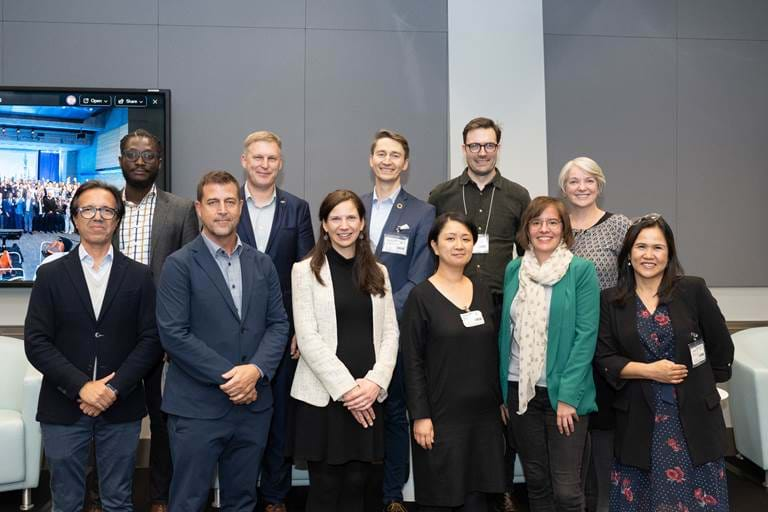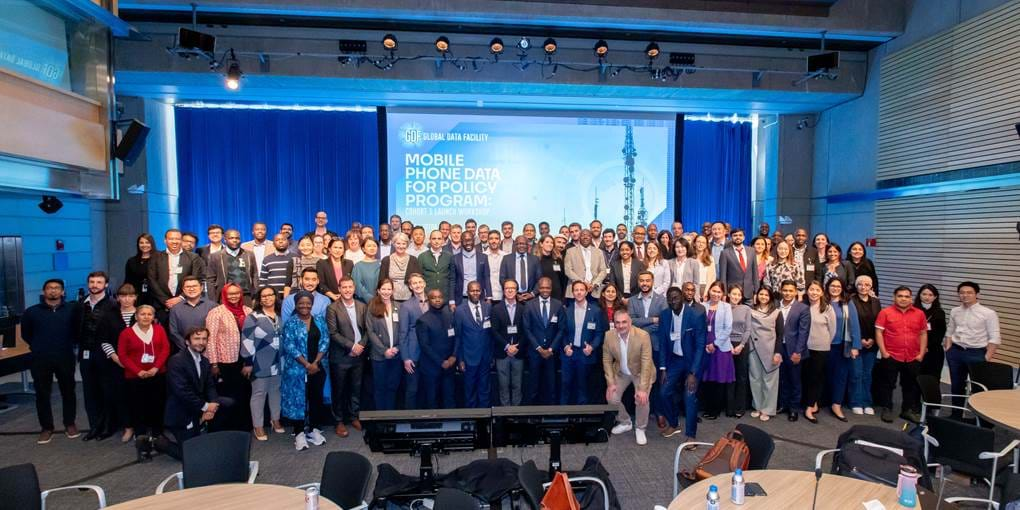Last week, the World Bank Group's Global Data Facility ran its 'Mobile Phone Data (MPD) Programme for Policy' workshops, introducing the first programme cohort countries to the world of mobile phone data analytics for policy-making.
As part of this engagement, we led on the design and delivery of a series of training sessions, with the World Bank, ITU (International Telecommunication Union), Positium and Nommon, as well as shared our learnings on the key considerations for setting up such initiatives.


The technical training programmes covered a wide range of topics and questions, including:
- What are the pathways to impact when using mobile phone data for policy-making? What are the pre-requisites and critical inputs that are necessary for such initiatives?
- Who are the stakeholders to identify, and engage with? How to achieve a win-win agreement for all parties, including operators and national statistical offices? How to fund and sustain such work?
- What are the data characteristics and quality aspects to consider? How to process such data in a secure and privacy-preserving manner? What are the various data sharing and infrastructure models to consider?
- How to assess your country's level of maturity for mobile phone data for policy initiatives?
- How to use mobile phone data for policy applications? How to apply learnings from existing projects and programmes?
We trained and shared our expertise with ~100 participants from the 18 countries that form the first cohort for this WB-GDF programme.
Setting up mobile phone data initiatives is complex and requires thoughtful planning. From strategic partnerships, methodology and infrastructure, to governance, data access models and legal agreements, a lot of decisions are to be made.

The GDF-MPD Cohort workshop coincided with Netmob, the premier conference on Mobile Phone Data research, which was also hosted by the GDF-MPD programme this year.
Read more about this engagement on the World Bank Global Data Facility's blog "Working together to launch the world’s largest cohort in mobile phone data for policy"
